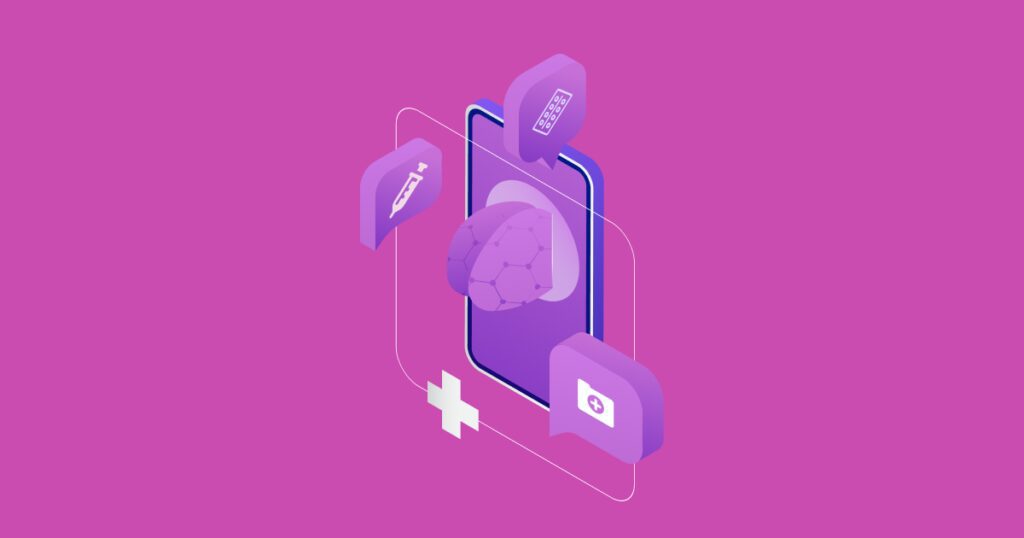Machine learning is transforming healthcare by enhancing diagnosis and treatment, analyzing medical images effectively, and enabling personalized medicine through the use of patient data. Predictive analytics help in early disease detection and resource allocation, while challenges such as data privacy and interpretability need to be addressed. Despite limitations, the potential benefits of machine learning in healthcare are significant, with technology playing a key role in improving patient care and outcomes. As advancements continue, machine learning will shape the future of healthcare delivery and contribute to a more efficient and effective healthcare system.
How Machine Learning is Revolutionizing Healthcare
Introduction
Machine learning, a subset of artificial intelligence, is reshaping various industries including healthcare. Its ability to analyze and interpret complex data sets at a speed and accuracy beyond human capacity makes it an invaluable tool for improving patient care, reducing costs, and transforming healthcare delivery.
Diagnosis and Treatment
One of the key areas where machine learning is revolutionizing healthcare is in the field of medical diagnosis and treatment. Machine learning algorithms can analyze electronic health records, medical images, and genetic data to identify patterns and predict potential health conditions. This enables healthcare providers to make more accurate and timely diagnoses, leading to better outcomes for patients.
Medical Imaging
Machine learning algorithms are proving to be highly effective in analyzing medical images such as X-rays, MRIs, and CT scans. These algorithms can detect patterns and abnormalities that may not be visible to the human eye, helping radiologists make more accurate diagnoses. This technology is particularly useful in early detection of diseases such as cancer, leading to earlier treatment and improved patient outcomes.
Personalized Medicine
Machine learning is also driving the shift towards personalized medicine, which tailors healthcare decisions and treatments to individual patient characteristics. By analyzing patient data such as genetic information, lifestyle factors, and medical history, machine learning algorithms can predict how a patient is likely to respond to a particular treatment. This allows healthcare providers to prescribe more effective and personalized treatment plans, optimizing patient care.
Predictive Analytics
Another way machine learning is revolutionizing healthcare is through predictive analytics. By analyzing large volumes of patient data, machine learning algorithms can identify trends and predict health outcomes. This enables healthcare providers to intervene early to prevent diseases, reduce hospital readmissions, and improve overall patient wellness. Predictive analytics also helps healthcare organizations optimize resource allocation, reduce costs, and improve operational efficiency.
Challenges and Limitations
While machine learning holds great promise for revolutionizing healthcare, there are also challenges and limitations to consider. One of the main challenges is data privacy and security, as machine learning algorithms require access to sensitive patient information. Ensuring that patient data is securely stored and used ethically is crucial to maintaining patient trust and compliance with regulations such as HIPAA.
Interpretability
Another limitation of machine learning in healthcare is the “black box” problem, where the algorithms produce accurate results but provide little insight into how they arrived at those results. This lack of interpretability can be a barrier to adoption, as healthcare providers may be hesitant to trust decisions made by algorithms without understanding the reasoning behind them.
Conclusion
Machine learning is revolutionizing healthcare by improving diagnosis and treatment, enabling personalized medicine, and driving predictive analytics. While there are challenges and limitations to address, the potential benefits of machine learning in healthcare are tremendous. As technology continues to advance and datasets grow, machine learning will play an increasingly important role in transforming the way healthcare is delivered and improving patient outcomes.
